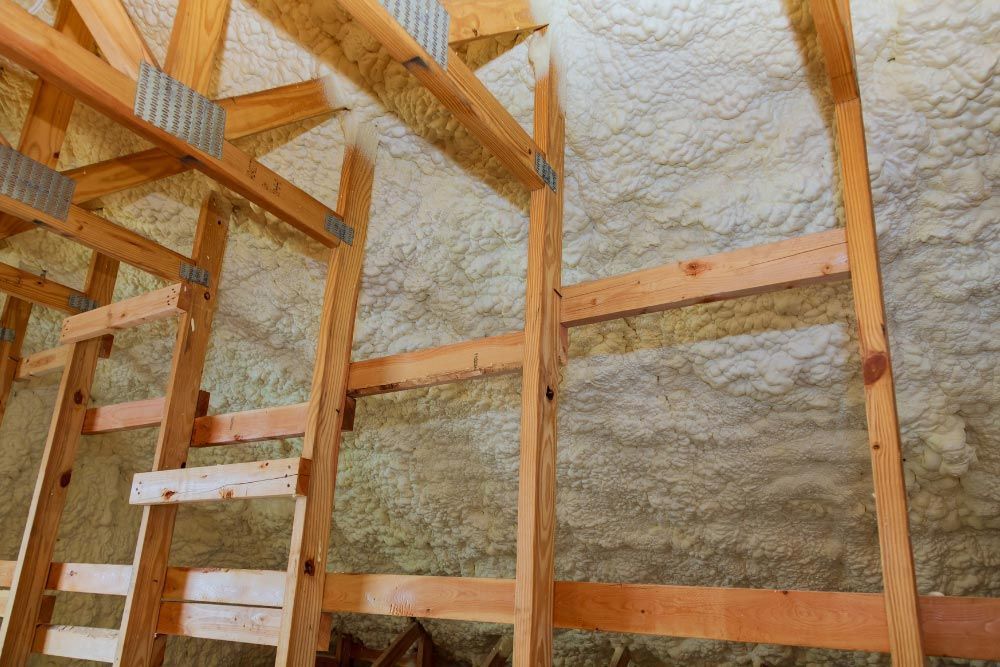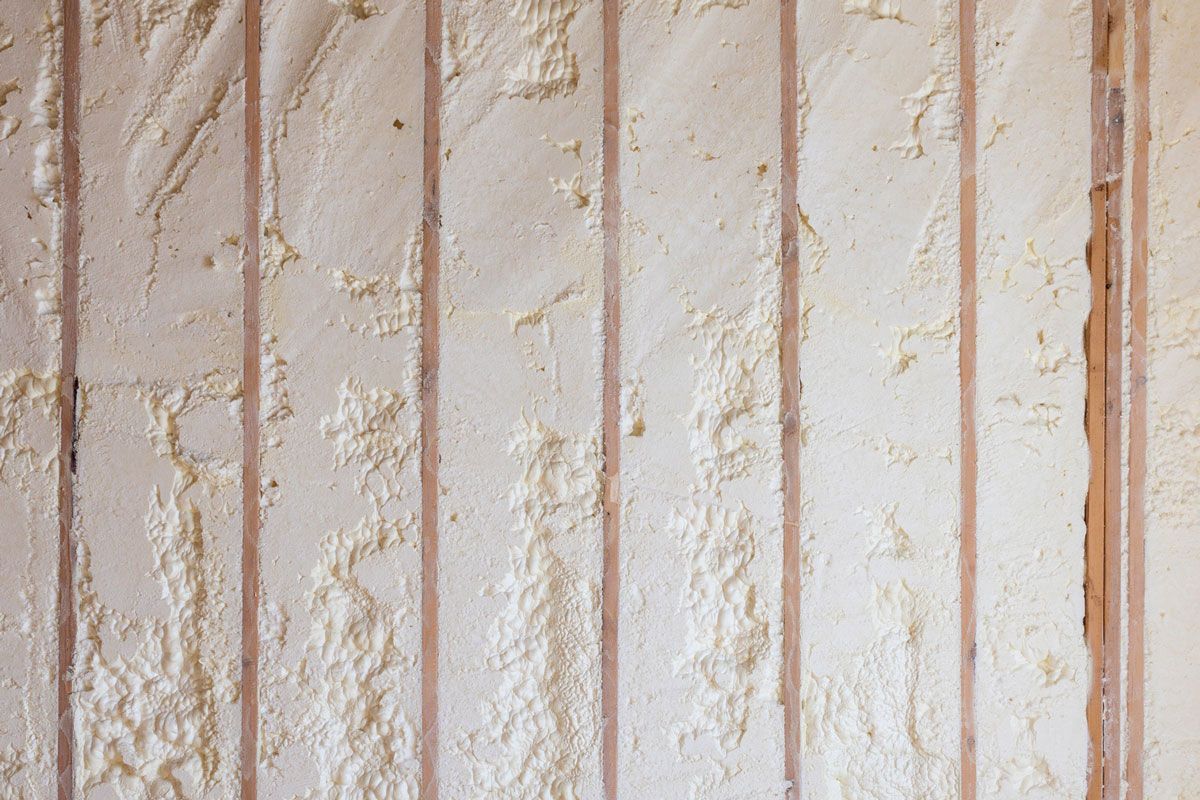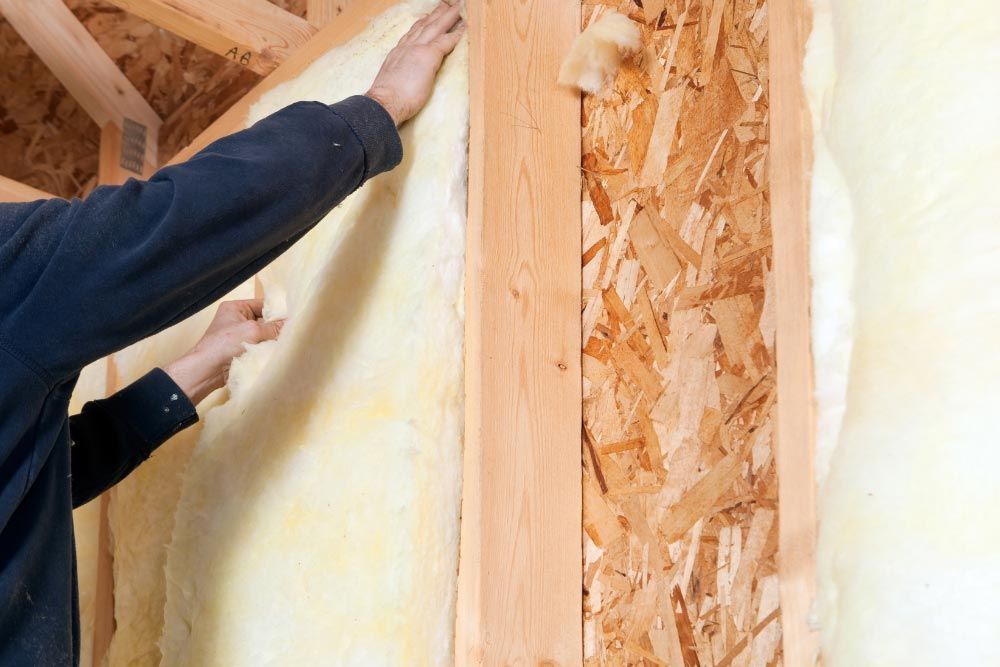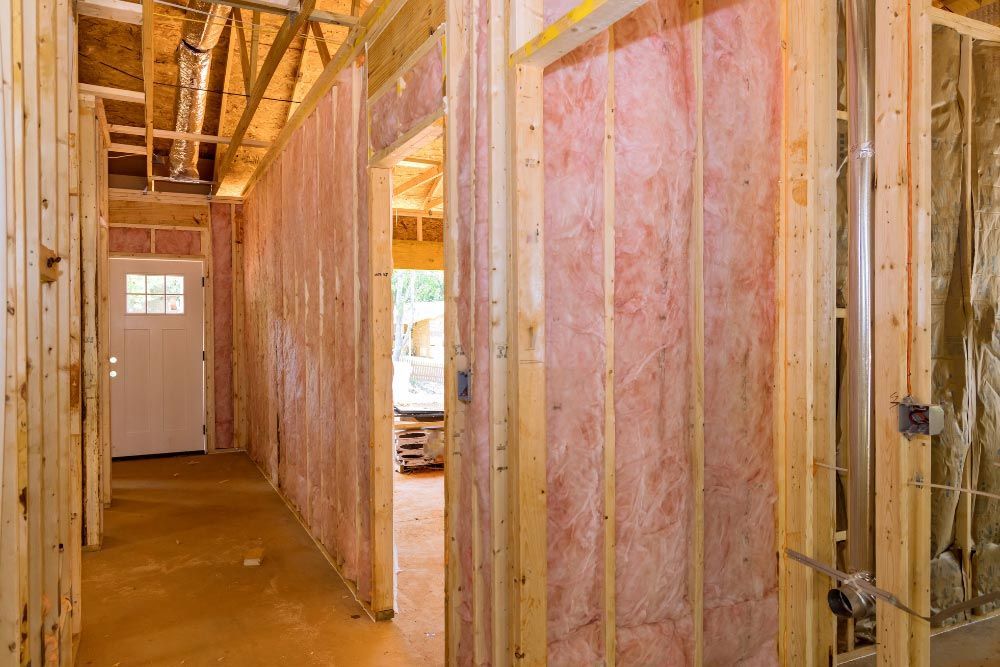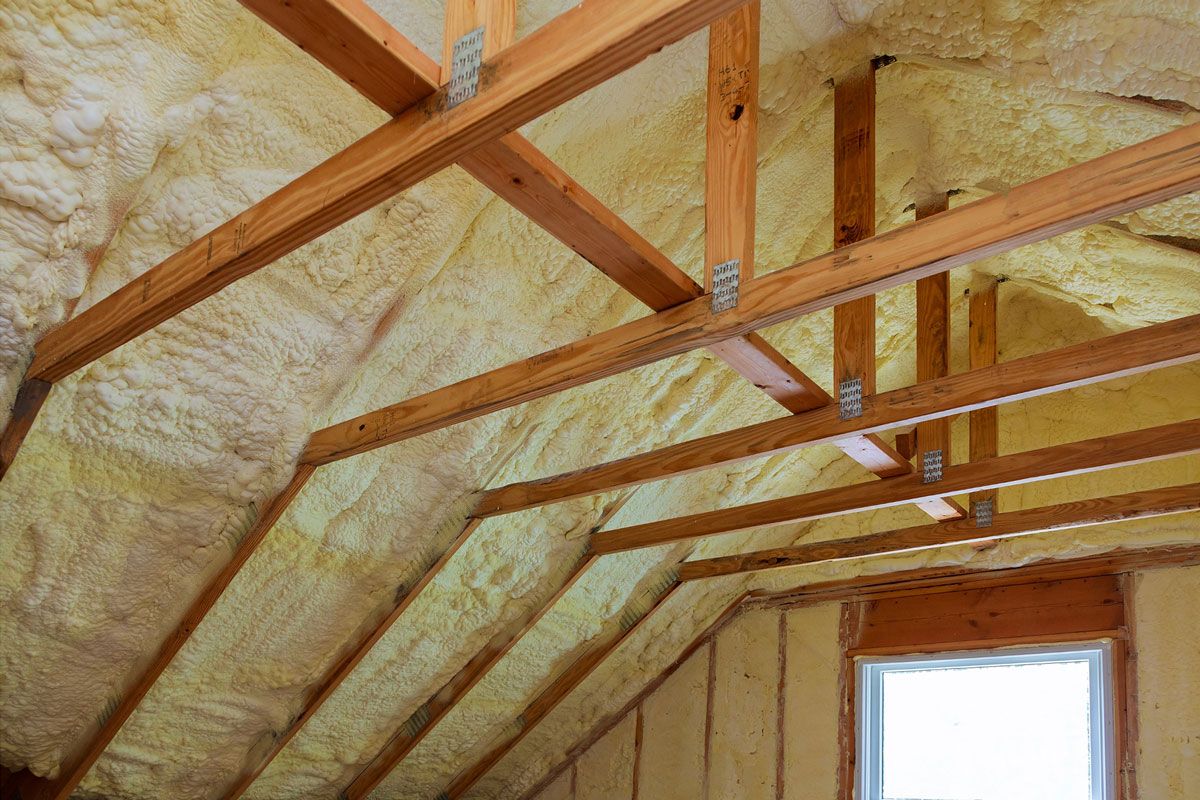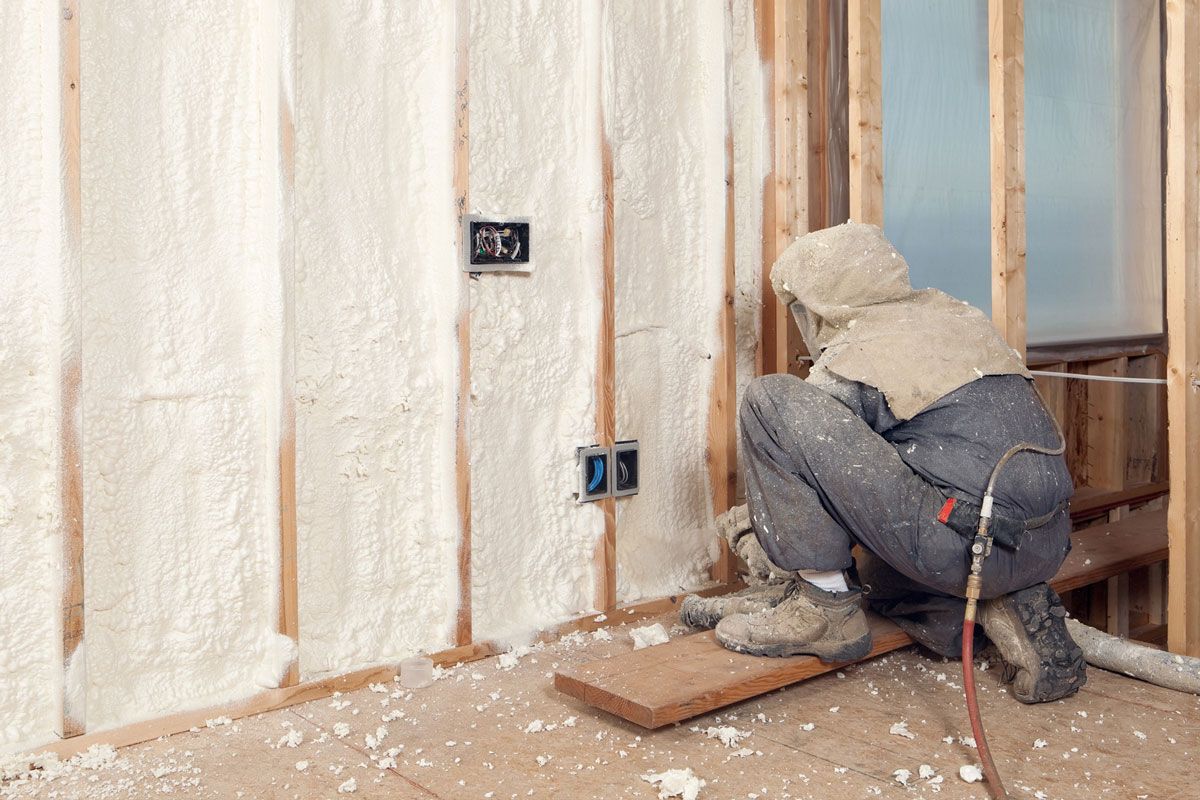Garage Insulation: The Key to a More Comfortable and Energy-Efficient Home
A garage is more than just a place to park your car—it can be a workshop, storage space, or even an extension of your living area. Proper garage insulation helps regulate temperature, improve energy efficiency, and even increase your home's value. In this guide, we'll cover the best insulation options, benefits, and expert recommendations to help you make the right choice.
Why Insulate Your Garage?
Many homeowners overlook garage insulation, but it plays a crucial role in:
- Reducing Energy Costs – Insulated garages help prevent heat loss in winter and heat gain in summer.
- Enhancing Comfort – If you use your garage for hobbies or as a workspace, insulation helps maintain a stable temperature.
- Protecting Stored Items – Insulation helps regulate humidity, preventing damage to tools, equipment, and stored items.
- Improving Soundproofing – If your garage is attached to your home, insulation can help block outside noise.
Best Insulation for Garages
Depending on how you use your garage, different insulation materials offer distinct advantages.
| Insulation Type | R-Value per Inch | Best For | Moisture Resistance | Cost |
|---|---|---|---|---|
| Spray Foam Insulation | 6.0 – 7.0 | Maximum energy efficiency & air sealing | Excellent | $$$ |
| Fiberglass Batt Insulation | 2.9 – 3.8 | Budget-friendly option for walls & ceilings | Poor | $ |
| Blown-In Fiberglass Insulation | 2.2 – 2.7 | Retrofitting existing walls & ceilings | Moderate | $$ |
| Foam Board Insulation | 4.5 – 5.0 | Garage doors, exterior walls | Good | $$ |
| Cellulose Insulation | 3.2 – 3.8 | Eco-friendly, soundproofing | Moderate | $$ |
✅ Best Choice: Spray foam insulation is the most effective option for garage insulation because it creates an airtight seal and maximizes energy efficiency.
Where to Install Garage Insulation
1. Garage Walls
- Essential for temperature control and energy efficiency.
- Use fiberglass insulation for affordability or spray foam insulation for superior performance.
2. Garage Ceiling
- Prevents heat from escaping through the roof.
- Best choice: blown-in fiberglass insulation or foam board insulation.
3. Garage Door
- Stops heat loss through thin metal doors.
- Use foam board insulation or garage door insulation kits.
4. Garage Floor (Optional)
- Reduces cold air from seeping in.
- Best option: Rigid foam insulation under a finished floor.
Pro Tip: If your garage is attached to your home, insulating shared walls is essential to prevent temperature fluctuations inside your house.
Cost of Garage Insulation
| Insulation Type | Estimated Cost per Sq. Ft. |
|---|---|
| Spray Foam Insulation | $1.50 – $3.50 |
| Fiberglass Batt Insulation | $0.50 – $1.25 |
| Blown-In Fiberglass Insulation | $1.00 – $2.00 |
| Foam Board Insulation | $1.00 – $2.50 |
| Cellulose Insulation | $0.80 – $1.50 |
💰 Tip: Check with your local energy provider for potential rebates on insulation upgrades!
Do You Need Garage Insulation?
If you notice any of the following signs, it's time to insulate your garage:
- Temperature fluctuations – Too hot in summer, too cold in winter.
- High energy bills – Heat loss through an uninsulated garage.
- Drafts or cold spots – Poor insulation lets air leak in.
- Condensation or moisture issues –
Poor insulation leads to mold risks.
Get Expert Garage Insulation in Arvada!
Want to improve comfort and energy efficiency with professional garage insulation? Arvada Insulation Contractors can help!
Call
(720) 709-1680 now or fill out our online form for a FREE consultation today!





